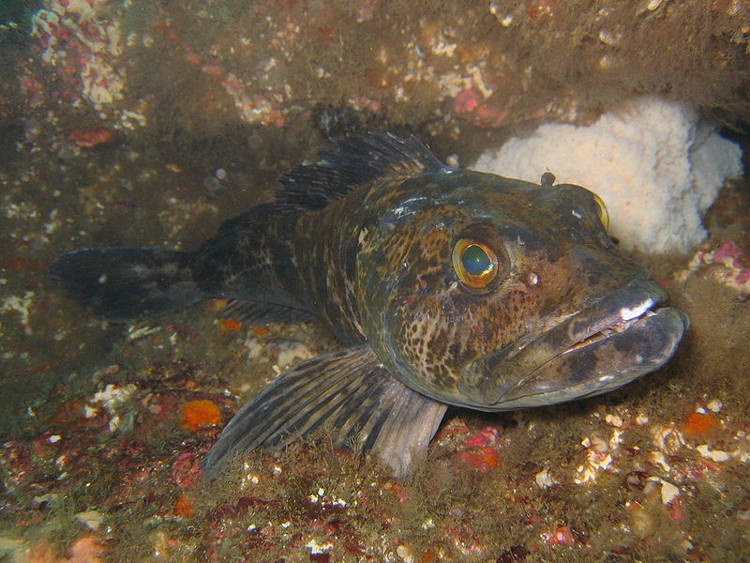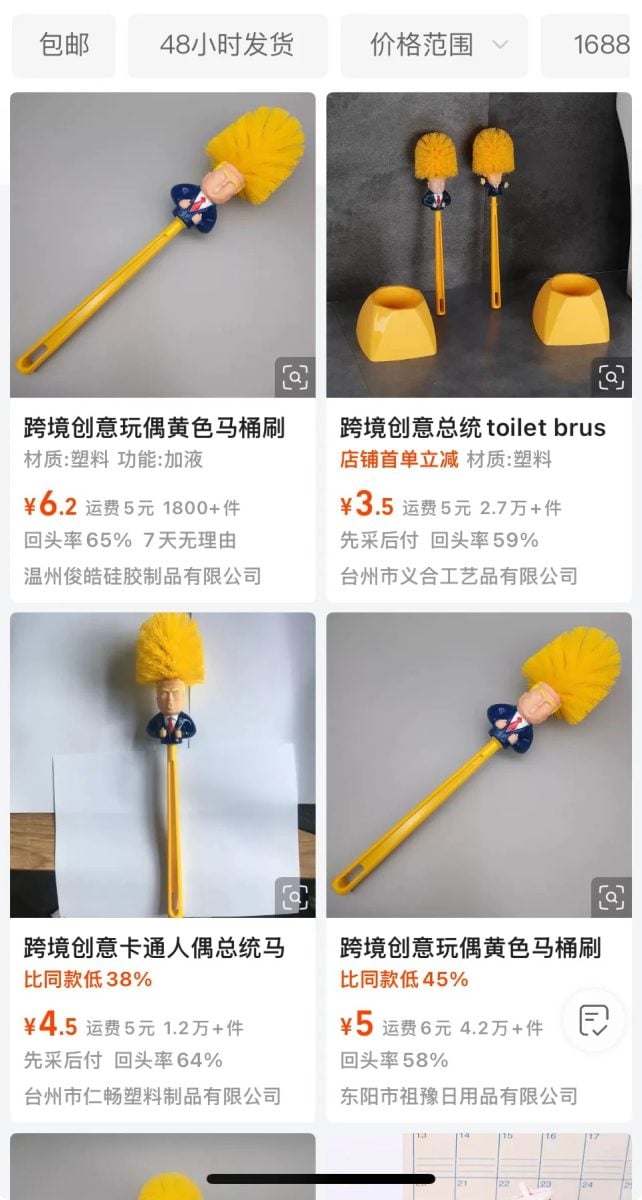Scientists recently found that one of the world’s “toothiest” animals, the Pacific lingcod, keeps its 555 teeth razor-sharp by losing up to 20 of them every day and growing them right back.
The Pacific lingcod (Ophiodon elongatus) is a carnivorous fish found in the North Pacific. You couldn’t tell just by looking at it, but this 20-inch (on average) fish has one of the scariest mouths in the world. Instead of the incisors, molars, and canines we’re used to seeing, it has hundreds of nearly microscopic teeth lining its jaws. Their hard palate is also covered in hundreds of tiny spikes, as are the pharyngeal jaws, a set of accessory jaws that the lingcod uses to chew its food the way we use our molars. Now scientists have found that Pacific lingcod keep their hundreds of teeth sharp by losing and then growing dozens of them in a day.

Photo: Magnus Kjaergaard/Wikimedia Commons
Scientists have known about the Pacific lingcod’s hundreds of teeth for many years, but what they didn’t know was how the fish was replacing the tiny spikes covering every bony surface in their mouths. Because their teeth are so tiny, they couldn’t just place some in a tank and then see how many teeth they could gather from the bottom.
Research at the University of South Florida and the University of Washington set out to learn more about the lingcod’s tooth-shedding by placing about 20 of them in a tank filled with a diluted fluorescent dye called alizarin red for 12hours, which stained the fish’s teeth red. Then they were put in tanks spiked with another fluorescent dye, calcein fluorescein, which turned new teeth green. So teeth that were in place one day were red, while those that appeared later were green.
Researchers then painstakingly counted and classified all the colored teeth of the 20 specimens, coming up with a grand total of 10,580 teeth. Study lead author Emily Carr also pointed out that the fish seemed to lose an average of roughly 20 teeth per day, but grew them back just as fast.
“It blew our minds that fish were replacing their teeth this quickly,” doctoral student and co-author Karly Cohen said. “For you and I, that looks like waking up every morning and losing a single tooth.”
The findings of this study challenge the general notion that teeth are hard to make and replace. Apparently, for some species, they are just as easily lost and replaced as hair is for us.






